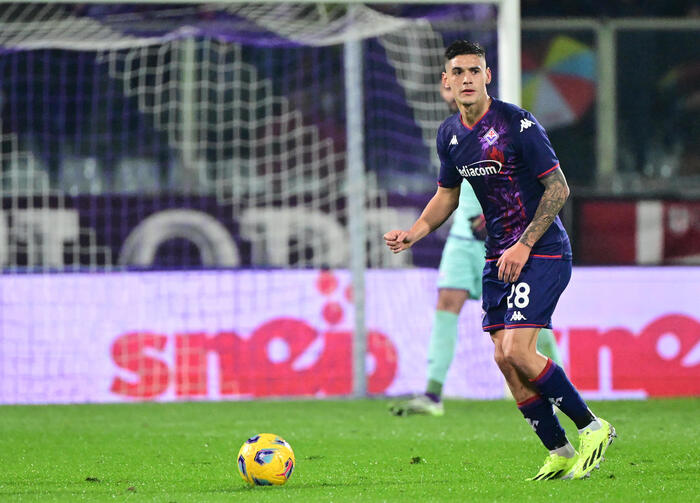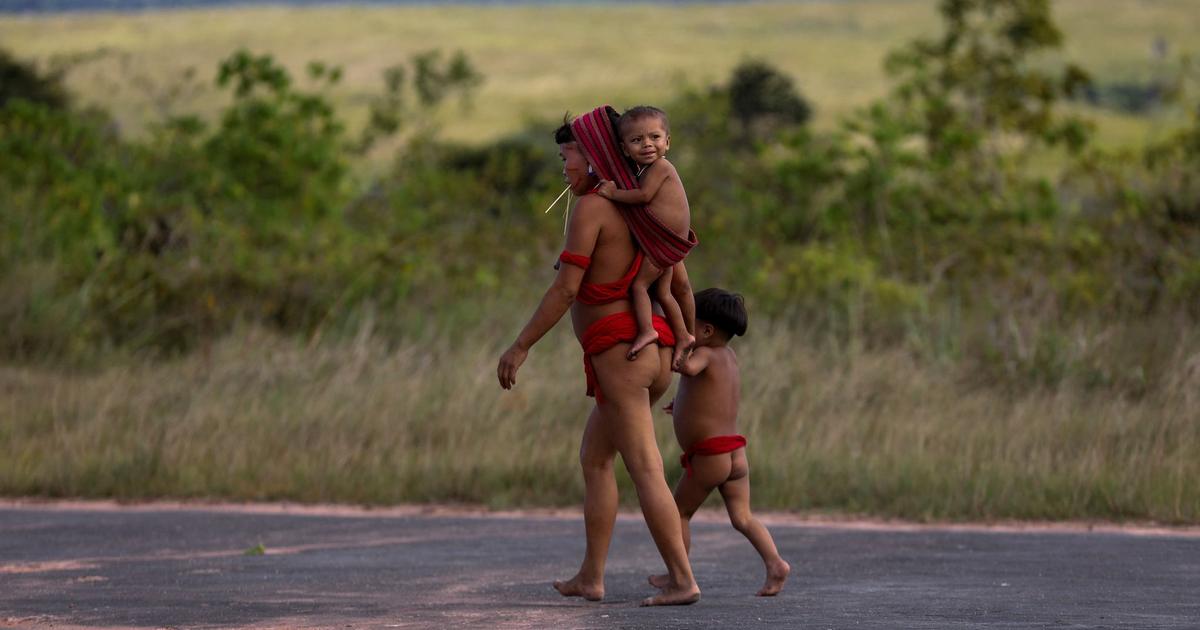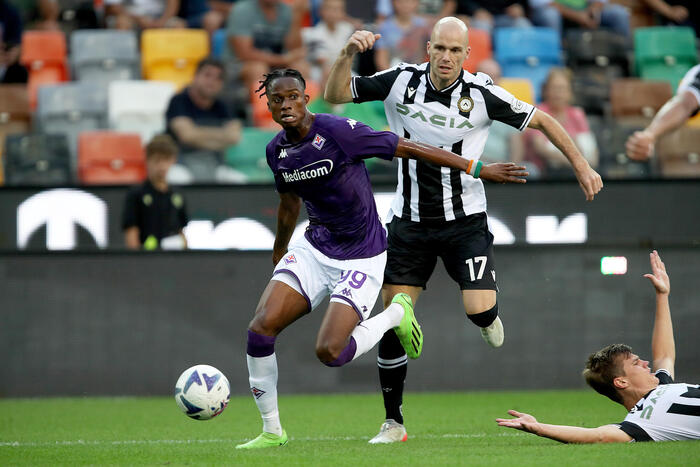For the past three years, the COVID-19 pandemic dominated headlines and spurred scientific research, with experts from around the world focusing potentially useful resources and technologies on the problem. Although the focus has shifted slightly away from it, covid remains among global priorities, sometimes to the detriment of poverty-related infectious diseases that mainly affect the global south. For example, an estimated 619,000 people (most of them children in sub-Saharan Africa) died from malaria in 2021, when there were 247 million cases worldwide.
Malaria is a completely preventable and curable disease, and researchers have made great strides on both fronts. In March, for example, the World Health Organization (WHO) recommended two new bed nets treated with two-ingredient insecticides as protection against the Anopheles mosquito, one with a more lethal insecticide cocktail; the other, capable of disrupting their growth and reproduction. Cost-effective antimalarial drugs are another important tool. In 2021, approximately 45 million children aged three months to five years received chemoprophylaxis (preventive drugs) against seasonal malaria. Monthly doses of therapeutic drugs cost less than four dollars (3.7 euros) per person. A revolutionary vaccine, GSK's Mosquirix (also known as RTS,S), offers some hope, although its cost is relatively high (about $40, about 37 euros, per child in the first year).
More information
New malaria vaccines: a success with some shadows
Despite these efforts, malaria remains a public health threat. Even after an investment of 26,000 million dollars (24,000 million euros) to combat it in sub-Saharan Africa, the number of cases increased slightly between 2000 and 2019 (although the number of deaths decreased). Clearly, new preventive measures, especially those aimed at children, are needed. Further innovations should build on the strategies used during the pandemic: one of the benefits of the onslaught of COVID-19 research is that it demonstrated the enormous potential of monoclonal antibodies.
These drugs are lab-created copies of proteins that the immune system produces to attack specific foreign invaders. Historically, monoclonal antibodies were a powerful weapon against cancer and autoimmune diseases, such as rheumatoid arthritis and lupus. Although not often used for prophylactic purposes, the implementation of monoclonal antibodies to prevent COVID-19 and respiratory syncytial viruses (which cause infections of the lungs and respiratory system) is very promising. In addition, their exquisite selectivity allows them to discern between closely related molecular targets, which reduces effects on other molecules. This makes them a drug with an appropriate safety profile for children and other at-risk populations.
Malaria killed 619,000 people, most of them children in sub-Saharan Africa, in 2021, when there were 247 million cases worldwide.
A research group at the National Institutes of Health, led by Robert Seder, identified two antibodies against CSP-1, the protein used by the malaria parasite to invade liver cells when infection begins. Blocking CSP-1 should then prevent infections. The safety and efficacy of the most advanced of these antibodies, L9LS, in Mali and Kenya are currently being evaluated in children. The Mali study is evaluating its success in a seasonal malaria setting, while the Kenya study focuses on an area where infections can occur year-round.
Monoclonal antibodies could mark a turning point in malaria prevention and eradication, a long-sought goal. The current generation of antimalarial antibodies was modified so that a single dose can protect a child for at least three months, and perhaps longer. Clinical trials will determine the exact degree and duration of protection, and provide useful guidance to the improvements needed to achieve once-a-yearly injectable doses.
Although antibodies are reputed to be expensive (those used against cancer cost more than $ 20,000 per month (about 18,500 euros) in Europe and the US, increasing the potency of this next-generation treatment could significantly reduce its cost. There are those who believe that an injection with just one millimeter of the antibody drug being tested in Mali and Kenya could protect children at a cost of between five and 10 dollars (4.6 to 9.2 euros) per person.
Monoclonal antibodies may be the new frontier in the fight against malaria, but making them known will not be easy
To date, the demand for monoclonal antibodies comes mainly from high-income countries; Africa only accounts for 1% of global sales. This disparity highlights the need to work with national regulatory agencies to ensure that submitted product data adequately considers public health issues and, in the longer term, involves affected countries in the manufacture of these biologics. Although antibody manufacturing is a complex and highly regulated process, investing now in related technology would be beneficial for developing economies affected by endemic malaria.
Monoclonal antibodies may be the new frontier in the fight against malaria, but making them known won't be easy: stakeholders from government, academia and industry must come together to coordinate advocacy efforts and raise awareness about them. These same groups should also encourage the development of such biological products for all infectious diseases.
We are embarking on a long journey: at best, the first generation of antimalarial antibodies will not be able to be implemented until 2027. They offer incredibly promising possibilities as one of the weapons with which to combat this killer of children, along with bed nets, medicines and new vaccines. Clinical trials will confirm whether it is possible to realize this potential, but it would be wise for us to start preparing now for success.
Cristina Donini is vice president of leadership and program strategy for the Medicines for Malaria Venture, an organization created in 1999 to fight malaria with funding from several governments and institutions. Doreen Akiyo Yomoah is director of communications for the Medicines for Malaria Venture.
Copyright: Project Syndicate, 2023. Spanish translation by Ant-Translation.
You can follow PLANETA FUTURO on Twitter, Facebook and Instagram, and subscribe here to our newsletter.








